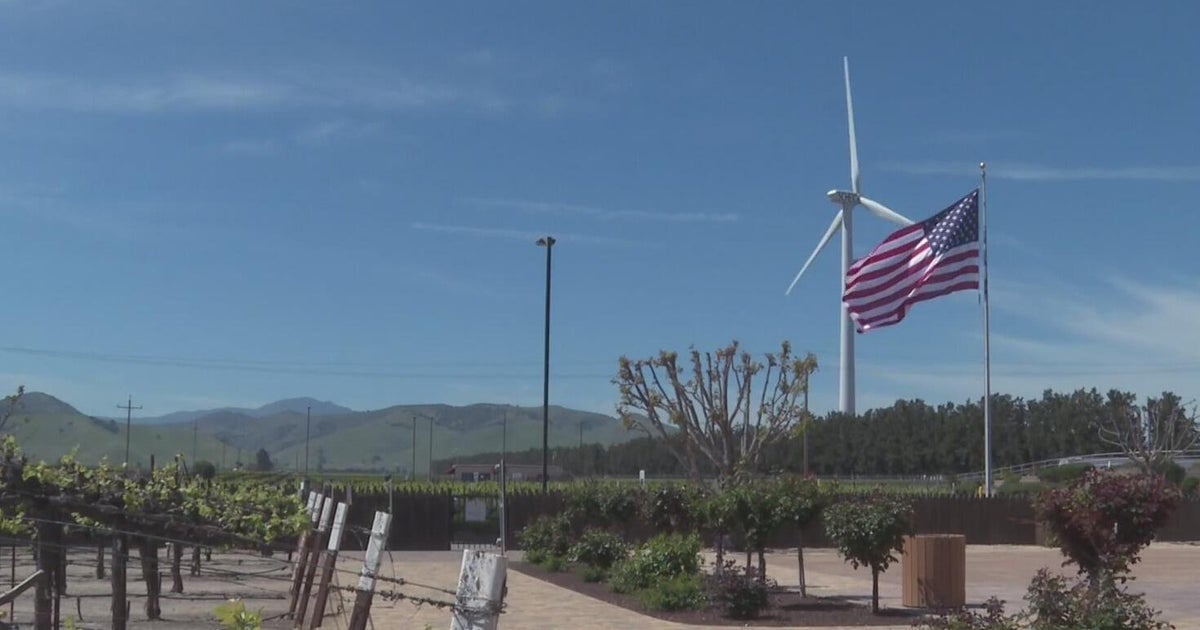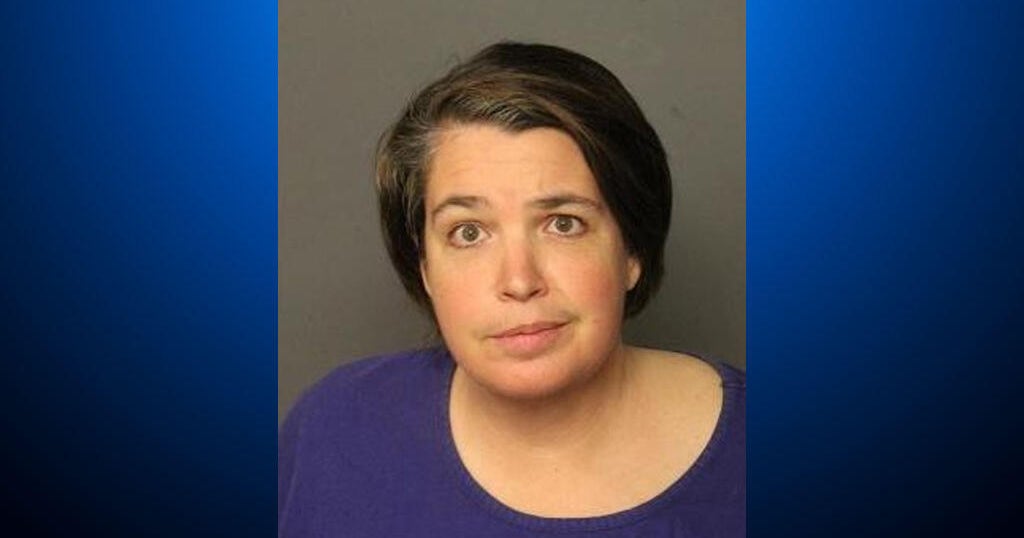In Depth: High Speed Rail in California
SAN FRANCISCO (KCBS) — The Cost of California's High-Speed Rail Project was originally slated to be $45 billion. According the official website that's still the case despite some analysts who project the costs have actually doubled.
In 2008 voters approved $9 billion in bond money for the project.
"The costs have gone up, but we still think it's worth it," said the new chair of the state's High Speed Rail authority Dan Richard.
Richard is a former BART director and is PG&E's vice president of public policy and governmental affairs. He takes on his new position this week as high-speed rail in the Golden State has come under plenty of criticism, including a cost and financing analysis from the state auditor.
KCBS In Depth:
Despite Governor Jerry Brown being on board, encouraging legislators to approve additional bond money, Richard faces an uphill battle in moving the 500 mile electric- train system forward.
Richard said the project would be done in phases and cited Japan as an example.
"They were the first high-speed rail in 1964 and now 50 years later, they're still adding cities," he said.
Richard added that the inflated figures of $98 to 100 billion are looking at the cost over the next 20 to 25 years.
Richard defended his position by arguing that the rail system is the best way to mobilize goods for the state's growing population (he estimates another 20 million people over next 20 to 30 years) with trains at 220 mph.
"Can we add more airport runways and more highway lanes," were some of the fundamental questions he asked.
As far as other countries that have had fast trains in place for years, Richard attributed European and Japanese cultures to being more receptive to high-speed rail and that California in particular seems to be more of an automobile-driven society.
He pointed out that current train service from Oakland to Bakersfield runs at about 50 mph and that the line has hit 1 million passengers a year. After that ride, hundreds of thousands will go on to take a bus in order to complete a trip to Los Angeles.
The new service would reduce the time of the trip, by train, clocking it in at two hours and 40 minutes total.
Politically, Richard said there is strong support from the mayors of Los Angeles, San Francisco's Mayor Lee, as well as the support of Fresno's Republican mayor.
Construction is set to begin in Fresno by the end of 2012 despite his own original criticism that it would be a "train to nowhere" since it's in the relatively unpopulated portion of the state.
Richard now claims to be a "four-square proponent" of starting the rail in the Central Valley.
"High speed rail is to connect cities. We need to start to build the spine of the system. The highest speeds will be attained in the Central Valley," he said.
The area would serve as a testing ground for those speeds which wouldn't be possible between San Francisco and San Jose.
Richard also noted that there is support from State Senators, State Assemblymen and members of Congress to use the pre-existing Caltrain lines as a way to come into the Bay Area.
He's confident that a sustainable system will be in place within 20 years and that investors will be ready when they notice ridership patterns.
For now there are some revisions to take under consideration and the suggestion to blend resources and leadership with existing rail lines.
(Copyright 2012 by CBS San Francisco. All Rights Reserved. This material may not be published, broadcast, rewritten, or redistributed.)



